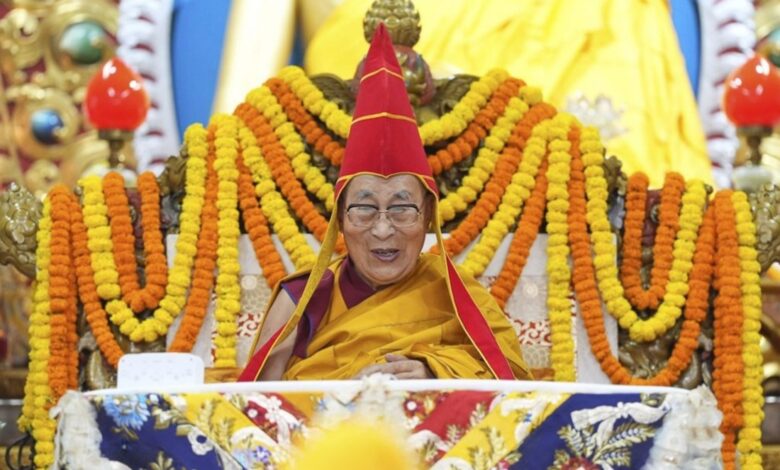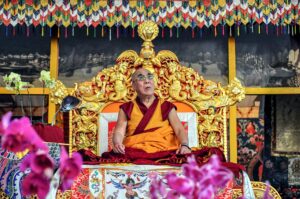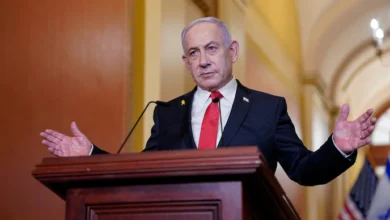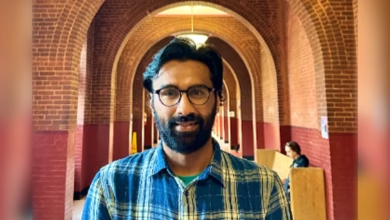“Dalai Lama Declares: My Successor Will Be Born Outside China”
Dalai Lama's new book assures successor will be born in "free world," challenging China's assertion of control over his reincarnation.

The Dalai Lama makes known in his new book that his successor will be born outside of China, affirming the spiritual leader’s autonomy and solidifying the Tibetan freedom movement.
New Delhi —
In a dramatic step sure to heighten tensions with Beijing, the Dalai Lama has announced in his latest book that his reincarnation will be born outside China. The spiritual leader of Tibetan Buddhism makes the announcement in Voice for the Voiceless, published Tuesday, the first time he has publicly stated his reincarnation will take place in the “free world.”
At 89 years old, the Dalai Lama remains a symbol of the Tibetan struggle. In his book, reviewed by Reuters, he writes that the continuation of the Dalai Lama lineage is crucial to maintain the traditional mission of embodying compassion, leading Tibetan Buddhism, and representing the aspirations of the Tibetan people. He notes that widespread petitions from Tibetans worldwide have urged him to ensure the lineage endures beyond his lifetime.
Because the role of a reincarnation is to continue the work of the previous one, the next Dalai Lama will be born in the free world,” he says, calling for spiritual autonomy from Beijing.
The 14th Dalai Lama, Tenzin Gyatso, escaped to India in 1959 after an unsuccessful revolt against Chinese domination of Tibet. For decades, Beijing has insisted it has the right to choose the Dalai Lama’s heir something the Dalai Lama and his supporters dispute. He has cautioned that any Chinese-backed successor would not be accepted by Tibetans.
Reacting to queries regarding the book, China’s foreign ministry spokesperson set aside the Dalai Lama as a “political exile who is involved in anti-China separatist activities on the pretext of religion.” They parroted China’s position that Tibet is an integral part of China.
The Dalai Lama’s recent statements follow China continued to pressure him to accept the country’s sovereignty over Tibet and Taiwan calls repeatedly denied by the Tibetan parliament-in-exile in Dharamshala, India.

The Nobel Peace Prize winner has been under close observation by sympathizers worried about his health, particularly after undergoing knee surgery last year. He recently informed Reuters that he might live up to age 110. In his book, he admits that returning to his country is now “increasingly unlikely” but reiterates his belief in the resilience of the Tibetan cause.
“Tibetans have the right to be the masters of their own country and it cannot be denied to them forever,” he states. “There is one certain lesson we learn from history: if you keep people permanently discontented, you cannot have a stable society.”
Voice for the Voiceless is being released by William Morrow in the United States, HarperNonFiction in Britain, and HarperCollins in India and elsewhere.
As the Dalai Lama nears his 90th birthday in July, he has vowed to disclose more information about the future of his succession a move that will potentially determine the fate of the Tibetan cause for centuries to come.







One Comment